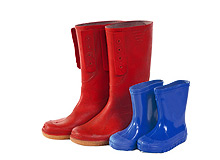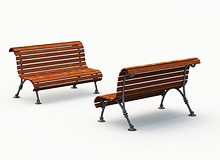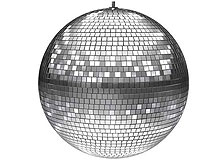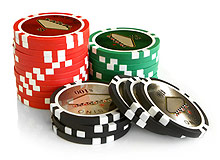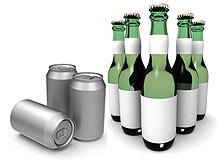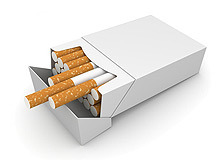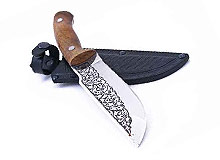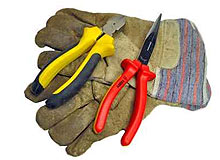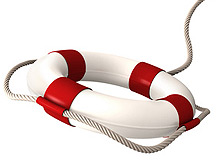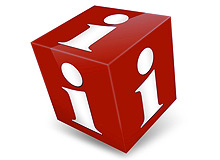A person under 16 years of age may only drink and buy non-alcoholic beverages correlative to class 1.
Persons between 16 and 18 years of age are allowed to consume and buy beverages correlative to classes 1 and 2 (e.g. wine, beer).
The national assembly decided a new law on the protection of minors which has to be confirmed by the Senate. This law provide a ban on alcohol persons under 18 years of age.
There are strict bans on minors, which regulate the sale as well as the consumption of alcoholic drinks. The following articles are important:
· Minors and an adult under guardianship must not run premises (art. 54law on combating tobacco dependency and alcoholism)
· In the event that of a breach of this obligation, the person will be avenged with a fine up to 3.811,23 €. In the case of an infringement under article 54, the court is able to enunciate the closing of business for a period of 5 years and more. Repeated infringements lead to the final closing of business (art. 57).
· article 17 law nr. 92-675 of 17th July 1992: It is prohibited to employ minors at premises (also in the context of a practical training), unless it is the partner of the operator, a parent or affinity including fourth degree. In premises which having a specific permission on sale of alcoholic beverages a person with 16 years of age is allowed to work in the context of a practical training or anapprenticeship. These internships should enable them to get an apprenticeship which will be certify by a diploma or a similar certificate under the provisions of art. 8 law nr. 71-577 on orientation of subject-based teaching.
Protection of minors against alcohol abuse:
· Selling alcoholic beverages to minors under 16 years of age for consumption or slaving at premises, stores and at public places is prohibited (art. 80 law on combating tobacco dependency and alcoholism).
· In the event that of a breach of this obligation, the person will be avenged with a fine up to 3.811,23 € (art. 81 law on combating tobacco dependency and alcoholism).
The operator of a premise or restaurant has to pay attention for compliance with the legislation. In the case of an infringement the operator has to stand trial:
· It is prohibited to sell or give up alcoholic beverages to minors under 16 years of age (third, fourth and fifth class) in public for consumption (art. 82 decree nr. 59-107 of 7th January 1959, law nr. 74-631 of 5 July 1974).
· According to art. 81 a person who is selling alcoholic drinks to minors until they drunken will be punished (art. 84 decree nr. 59-107 of 7th January 1959, law nr. 76-631 of 5th July 1974)
· Art. L.3342-1 Public Health Code regulate also the ban on selling alcoholic drinks to minors and the ban of free due of alcoholic beverages to minors at shops and public places.
There is no legislation which prohibit consumption of alcoholic drinks of minors outside of restaurants and premises. However the incitement to consume alcoholic drinks is illegal (art. 227-19 Penal Code).
Classification of beverage dispensing:
· class 1: non-alcoholic beverage
· class 2: wine (including cider, perry, mead), beer, Crème de cassis and juices from fermented fruits and vegetables, which contain 1,2 up to 3 percent alcohol by volume (natural dessert wines from certified growing areas)
· class 3: other natural dessert wines, liqueur wines, aperitive based on wine, strawberry liqueur, blackcurrantliqueur, cherry brandy under 18 percent alcohol by volume
· class 4: rum, tafia (from cane sugar), alcoholic drinks which are obtained from the distillation of wine, cider, perry or fruits and where no essences are added (cognac, armagnac, calvados)
· class 5:all the other authorized alcoholic beverages (Bsp. Ricard, Berger, Pernod, Whisky, Gin)
· non-authorized alcoholic beverages: aperitive based on wine with 45 percent alcohol by volume, bitter, gentian with a sugar content under 200 grams per 1 liter and 30 percent alcohol by volume
